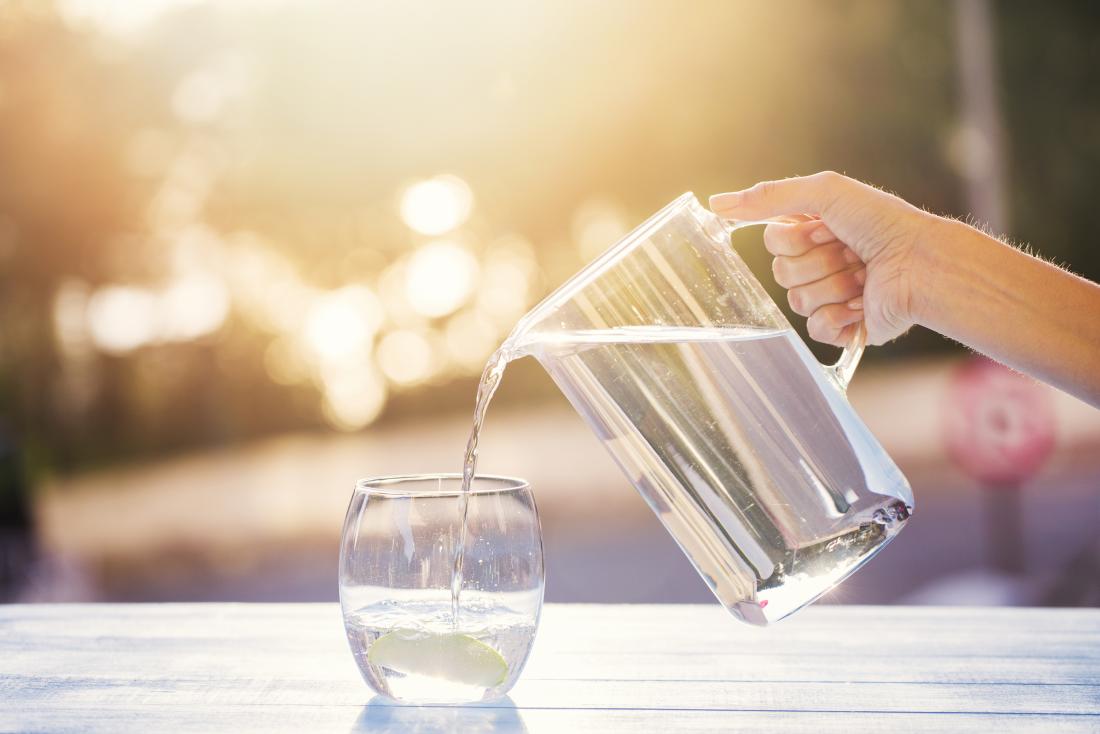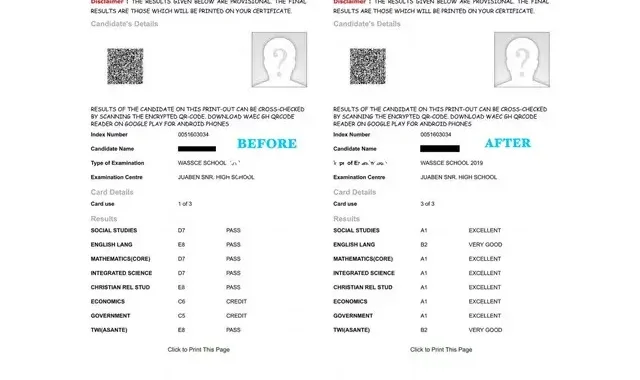How Much Water Do You Need In A Day

Water is the essence of life, constituting a significant portion of our body composition and playing a crucial role in maintaining bodily functions. But amidst conflicting advice, the question remains: how much water do we truly need in a day? Let’s take a look at how much water you need in a day.
The widely touted recommendation of drinking eight glasses of water a day is a good starting point, but individual hydration needs vary based on factors such as age, weight, gender, activity level, climate, and overall health. The Institute of Medicine suggests a general guideline of about 3.7 liters (or 13 cups) of total water intake per day for men and 2.7 liters (or 9 cups) for women, including fluids from beverages and moisture-rich foods.
Factors Influencing How Much Water You Need In A Day
1. Activity Level
Physical exertion through exercise or strenuous activity increases water loss through sweat, necessitating higher fluid intake to replenish lost fluids.
2. Climate
Hot and humid weather accelerates perspiration, leading to increased fluid requirements to prevent dehydration.
3. Body Composition
Larger individuals have higher water requirements due to their higher metabolic rates and greater surface area for water loss.
4. Health Conditions
Certain medical conditions such as kidney stones or urinary tract infections may warrant increased water intake for optimal health.
Assessing Hydration Status
Monitoring hydration status is essential to prevent dehydration or overhydration. Common indicators of adequate hydration include clear or light-colored urine, minimal thirst, and a general sense of well-being. Conversely, symptoms like dark urine, dry mouth, fatigue, and dizziness may signal dehydration and require prompt rehydration.
READ ALSO: Organized Labor Suspends Protest Against 15% VAT on Electricity
Tips for Maintaining Optimal Hydration:
1. Drink water regularly throughout the day, aiming to spread intake evenly.
2. Incorporate hydrating foods like fruits and vegetables into your diet.
3. Adjust fluid intake based on individual factors such as activity level and climate.
4. Listen to your body’s thirst cues and drink accordingly.
5. Avoid excessive consumption of caffeinated or alcoholic beverages, which can act as diuretics and increase fluid loss.
While the “eight glasses a day” rule offers a convenient benchmark, optimal hydration is a personalized journey that depends on various individual factors. By understanding the science behind hydration and listening to our body’s cues, we can tailor our water intake to meet our unique needs, ensuring optimal health and well-being. Remember, staying hydrated is not just a recommendation but a cornerstone of a healthy lifestyle.
Send Stories | Social Media | Disclaimer
Send Stories and Articles for publication to [email protected]
We Are Active On Social Media
WhatsApp Channel: JOIN HERE
2024 BECE and WASSCE Channel - JOIN HERE
Facebook: JOIN HERE
Telegram: JOIN HERE
Twitter: FOLLOW US HERE
Instagram: FOLLOW US HERE
Disclaimer:
The information contained in this post on Ghana Education News is for general information purposes only. While we endeavour to keep the information up to date and correct, we make no representations or warranties of any kind, express or implied, about the completeness, accuracy, reliability, suitability or availability with respect to the website or the information, products, services, or related graphics contained on the post for any purpose.



 Update: No new uniforms or mass school repainting planned – MoE
Update: No new uniforms or mass school repainting planned – MoE  Controversies surrounding Ghana’s new public school uniform initiative
Controversies surrounding Ghana’s new public school uniform initiative  NSMQ star Jochebed Adwoa Sutherland sweeps 12 awards at UG Vice-Chancellor’s Ceremony
NSMQ star Jochebed Adwoa Sutherland sweeps 12 awards at UG Vice-Chancellor’s Ceremony  WASSCE Results Upgrading: Total Scam Or Something Worth Your Money?
WASSCE Results Upgrading: Total Scam Or Something Worth Your Money?  Why Nkrumah’s Face appeared on Guinea’s currency
Why Nkrumah’s Face appeared on Guinea’s currency